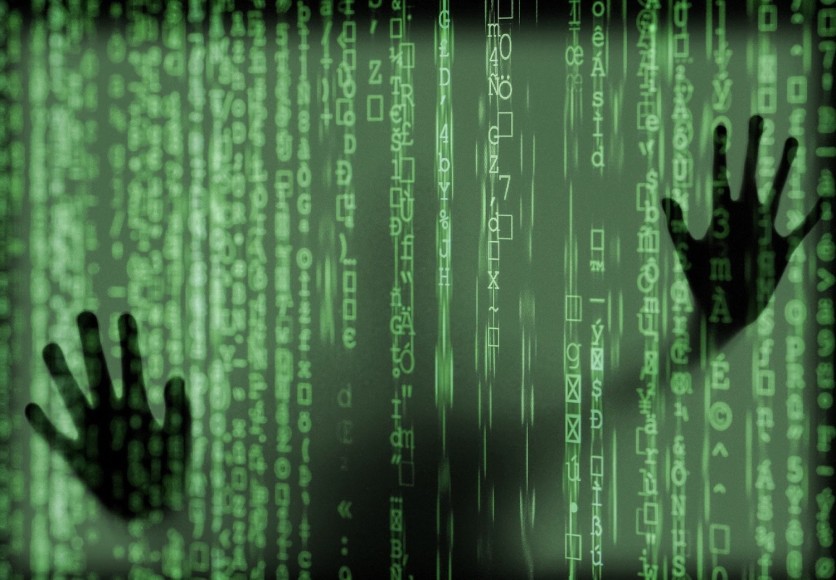
Elon Musk's action-packed Twitter takeover magnified questions about big tech's role in censorship and deplatforming. The billionaire reinstated the likes of Andrew Tate, Jordan Peterson, Kanye West, and even former President Donald Trump after a poll he conducted putting the decision to Twitter users themselves.
One question, in particular, hasn't been discussed enough: What's the role of anonymity in all this? Peterson himself suggested to Musk in a Tweet that it would be best to ban anonymous trolls, who he argues are prone to psychopathic behavior online, on Twitter. Looking past the memes pointing out the irony of a free-speech advocate-who was formerly deplatformed from Twitter himself-calling to censor anonymous accounts, it is an interesting question we will all have to answer.
On the one hand, Peterson has a point about anonymous trolls being emboldened by not having to face real-world consequences for their speech. On the other hand, sometimes anonymity is the only thing protecting activists and journalists from unjust government censorship.
It's an issue that has plagued the dark web since its inception. The hidden collective of internet sites only accessible by a specialized web browser enables true freedom of speech, but it is also home to child sexual exploitation imagery, drug traffickers, and terrorists.
An anonymous project that goes only by Tomi has found a way to harness blockchain to tackle the censorship question with a DAO-governed network offering dark-web anonymity. The project is building TomiNet, a secure and encrypted protocol empowering journalists, activists, and ordinary citizens to surf the web free of government and corporate surveillance.
Led by eight senior crypto veterans working with 72 developers, the network leverages DAO governance to foster community-driven censorship of the more illicit activities that run rampant on the most prominent alternative internet networks today.
The idea behind TomiNet is simple: Governments and corporations can't be trusted to govern the network just as they aren't on the dark web. Instead, let the community itself strike down violence and exploitation anonymously.
TomiNet is governed by a community-led DAO, which votes on decisions via "Pioneer" NFTs and Tomi tokens about running TomiNet and censoring content that doesn't meet the network's "blacklist" community guidelines. Terror, child-sexual-abuse imagery, and other forms of violence are among the categories on the blacklist to be voted down by the DAO.
The Tomi team holds weight equal to average users in voting about the community guidelines and censorship, though it will hold enough tokens to have a stronger influence over the technological direction of the project in the initial stages.
TomiNet is structured in a way that creates a path for the citizens of the new web to out-vote the core developers and technological leadership within three years. That's intentional on the part of Tomi, which doesn't seek the kind of power held by the leaders of projects such as Ethereum or Cosmos.
The question of how to reign in the dark web's most dangerous elements will surely be debated for years to come, but what's for certain is blockchain mechanisms aren't the enemy and in fact can potentially be part of the solution, as Tomi suggests in building TomiNet. It will be worth watching how far DAO governance goes in terms of cleaning and keeping the elements that gave the dark web its name out of TomiNet.




